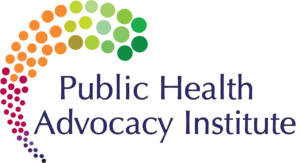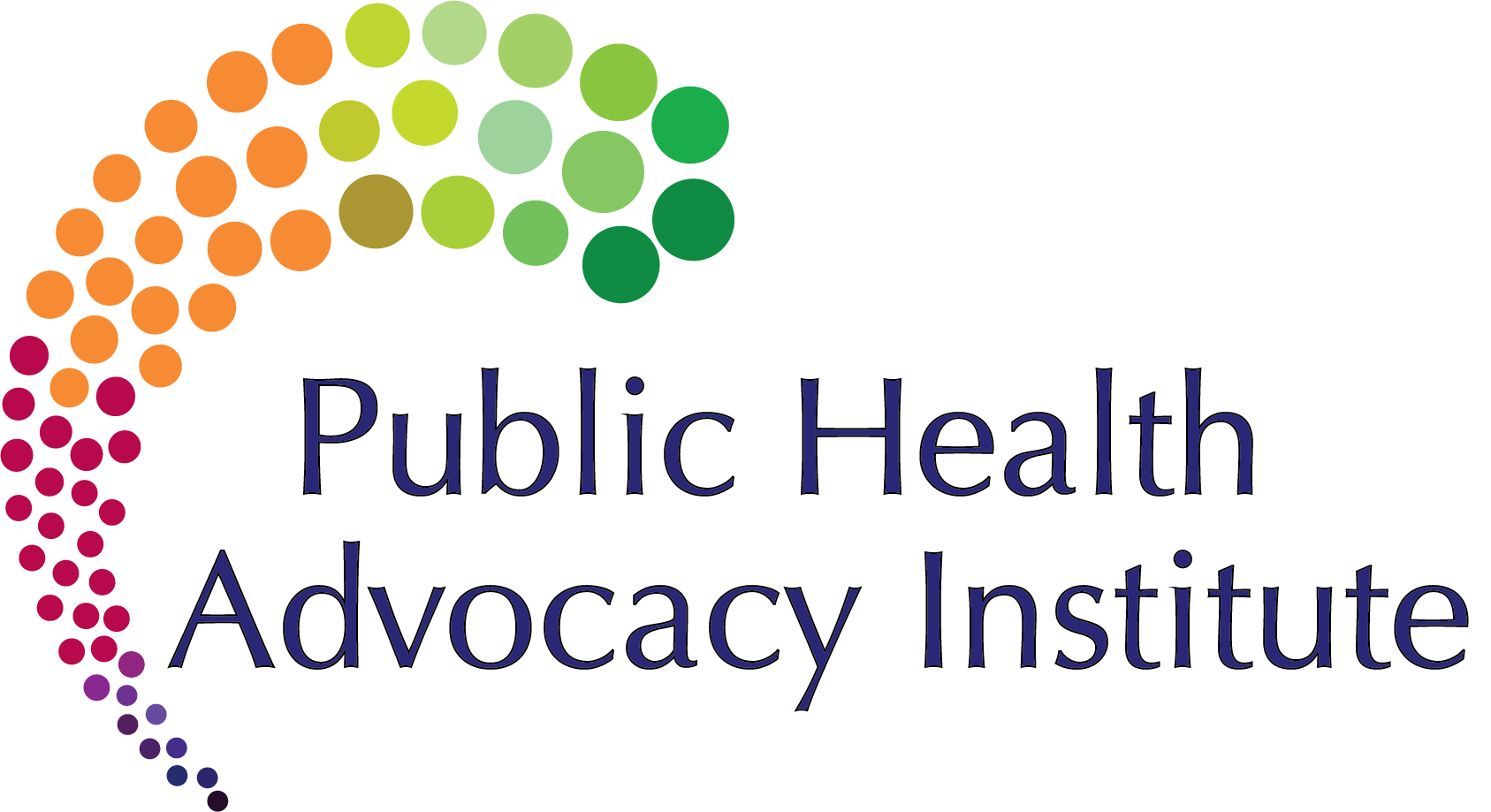-Boston
In a “Perspective” article published today in the New England Journal of Medicine, the Executive Director of the Public Health Advocacy Institute at Northeastern University School of Law, Mark Gottlieb, urges adoption of the Tobacco 21 policy as a means to reduce smoking rates by getting tobacco out of high schools. The piece, entitled, “Tobacco 21 — An Idea Whose Time Has Come,” is co-authored with Dr. Jonathan P. Winickoff, a pediatrician at Massachusetts General Hospital and Harvard Professor of Law and Public Health, Michelle M. Mello.
 “Tobacco 21” is shorthand for a legal policy that prohibits the sale or furnishing of tobacco products to persons under the age of 21. The policy was adopted either as a regulation or ordinance in New York City, 7 Massachusetts towns, and the Big Island of Hawaii in 2013. It was pioneered in Needham, Massachusetts in 2005 where, over five years, the smoking rate among high school students has dropped at nearly three times the rate of its neighboring communities where tobacco was available to 18-20 year-olds. Because almost all cigarette smokers start prior to age 21 and quickly become addicted, there is good reason, supported by emerging neuroscience, that deferring access to tobacco products to an age where the brain is less susceptible to the addictive qualities of nicotine will significantly reduce smoking rates.
“Tobacco 21” is shorthand for a legal policy that prohibits the sale or furnishing of tobacco products to persons under the age of 21. The policy was adopted either as a regulation or ordinance in New York City, 7 Massachusetts towns, and the Big Island of Hawaii in 2013. It was pioneered in Needham, Massachusetts in 2005 where, over five years, the smoking rate among high school students has dropped at nearly three times the rate of its neighboring communities where tobacco was available to 18-20 year-olds. Because almost all cigarette smokers start prior to age 21 and quickly become addicted, there is good reason, supported by emerging neuroscience, that deferring access to tobacco products to an age where the brain is less susceptible to the addictive qualities of nicotine will significantly reduce smoking rates.
Co-author Mark Gottlieb said, “Tobacco 21 shows great promise to reduce tobacco use and can be adopted by any state and most cities and towns.” “There is no good reason why a product as addictive and deadly as cigarettes should be made available to teenagers when we know that delaying access will reduce the chance that today’s teens will die prematurely from a smoking-caused disease,” Gottlieb concluded.
The article can be freely downloaded at: http://www.nejm.org/doi/full/10.1056/NEJMp1314626?query=featured_home

